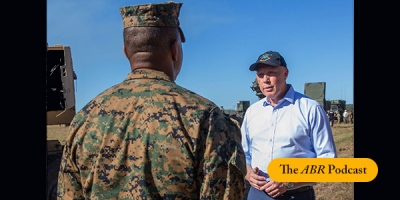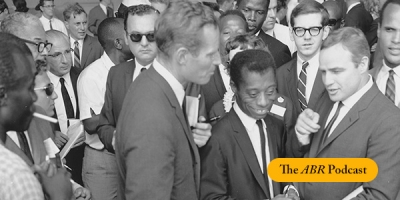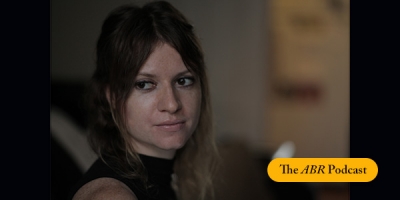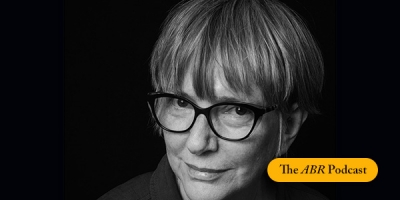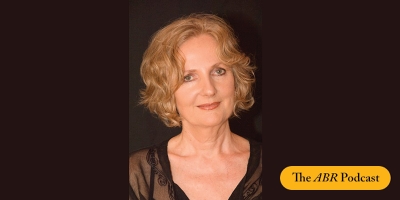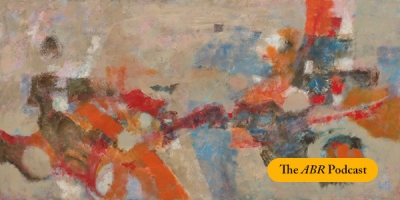The ABR Podcast
This week on The ABR Podcast, Kevin Bell addresses the crisis in housing in Australia – a crisis which he says is at risk of ‘turning into a social and economic catastrophe’. Kevin Bell is a self-described baby boomer who, in his role as a Supreme Court judge, wrote a number of influential judgments on human rights and housing. He is a former director of the Castan Centre for Human Rights Law and commissioner of the Yoorrook Justice Commission. Listen to Kevin Bell’s ‘On our moral watch: The disgrace of homelessness in Australia’, published in the September issue of ABR.
... (read more)This week on The ABR Podcast, Joel Deane considers the black and white politics of opposition leader Peter Dutton. Deane explains that Dutton considers these politics a ‘police trait’ that he developed while in the force, and one that now serves him well in politics, especially when making necessary snap judgements. But will this style endear him to the electorate in the next election campaign, likely fought against Prime Minister Anthony Albanese? Joel Deane is a speechwriter, novelist and poet. Listen to Joel Deane’s ‘The Manichaean Candidate: Peter Dutton’s black and white politics’, published in the September issue of ABR.
... (read more)This week on the ABR Podcast, Paul Kane marks the centenary of James Baldwin with an essay on this indispensable prophet. Kane tells us: ‘Baldwin insisted that the only way forward, the only way out [for America], was through a renovation of the self, and this could only be accomplished through deep communication and empathy’. Paul Kane is Professor Emeritus as Vassar College in upstate New York. Listen to Paul Kane’s ‘James Baldwin this time: The centenary of an indispensable prophet’, published in the August issue of ABR.
... (read more)This week on the ABR Podcast we conclude our three-episode special on the 2024 ABR Elizabeth Jolley Short Story Prize with the winning story, ‘Pornwald’ by Jill Van Epps. The judges described ‘Pornwald’ as ‘a puzzle that tests the limits of realism with an often riotously deadpan sense of humour’. Jill Van Epps is a writer and filmmaker based in Brooklyn who is completing her first novel. Here is Jill Van Epps with ‘Pornwald’, published in the August issue of ABR.
... (read more)This week on the ABR Podcast, we continue to celebrate the 2024 ABR Elizabeth Jolley Short Story Prize with the second of three episodes featuring the shortlist. This week’s story is ‘M.’ by Shelley Stenhouse. The judges had this to say about ‘M.’: ‘Wittily told, this rollicking tale set in New York City is at once a character study of the garrulous oddball M and a tragicomic portrait of the narrator herself, whose compulsions and choices see her avoiding the everyday joys of her life as a mother.’ Shelley Stenhouse, a New York City-based poet and fiction writer, recently won the Palette Poetry Prize. Listen to ‘M.’, published in the August issue of ABR.
... (read more)Beginning this week on the ABR Podcast, we celebrate the 2024 ABR Elizabeth Jolley Short Story Prize shortlist over three episodes. In each episode, one of the three shortlisted authors will read their story – also published in the August issue of ABR. The overall winner of the Jolley Prize will be announced at an event at Gleebooks in Sydney on August 15. Proceeding in alphabetical order, Episode One features Kerry Greer’s ‘First Snow’.
... (read more)In this week’s ABR Podcast, Robyn Arianrhod considers the state of popular science writing in the Australian literary landscape. She argues that in-depth science writing with popular appeal and literary value is increasingly hard to find in Australia. And where exemplary works of this kind are published, they are rarely recognised with reviews or literary prizes. Robyn Arianrhod is an Affiliate in Monash’s School of Mathematics and her new book is Vector: A surprising story of space, time, and mathematical transformation, published by NewSouth Books. Listen to Robyn Arianrhod with ‘Beyond the mundane: Popular science writing in our literary landscape’.
... (read more)In this week’s ABR Podcast, we feature an essay from the ABR archive: ‘Links in the Chain: Legacies of British slavery in Australia’ by Georgina Arnott. In this essay, Arnott considers how the field of Australian history will be reshaped by emerging links between British slavery in the Caribbean and early settlers to the Australian colonies. Georgina Arnott is ABR Assistant Editor and the author of several articles on the legacies of colonialism in Australia and two biographical works. Listen to Georgina Arnott’s ‘Links in the Chain: Legacies of British slavery in Australia’, published in the August 2020 issue of ABR.
... (read more)In this week’s ABR Podcast, Timothy J. Lynch considers whether the United States is on the path to a second civil war, as forecast by Nick Bryant in The Forever War: America’s unending conflict with itself. In his book, Bryant, a former BBC Washington correspondent, argues that hate and paranoia form a central core of the American experience. Timothy J. Lynch is Professor of American politics at the University of Melbourne. Here is Timothy J. Lynch with ‘Death by suicide? Division as a default setting in America’, published in the July issue of ABR.
... (read more)On this week’s ABR Podcast, Nick Hordern tells the story of Mitty Lee-Brown, the Australian artist who went into self-imposed exile in 1968 to Ceylon, which in 1972 became Sri Lanka. Nick Hordern is a former diplomat and journalist, and the author of several books, including World War Noir: Sydney’s Unpatriotic War. Listen to Nick Hordern’s ‘Mitty Lee-Brown: artist in exile: From a boarding house in Woollahra to Sri Lanka’, published in the July issue of ABR.
... (read more)

